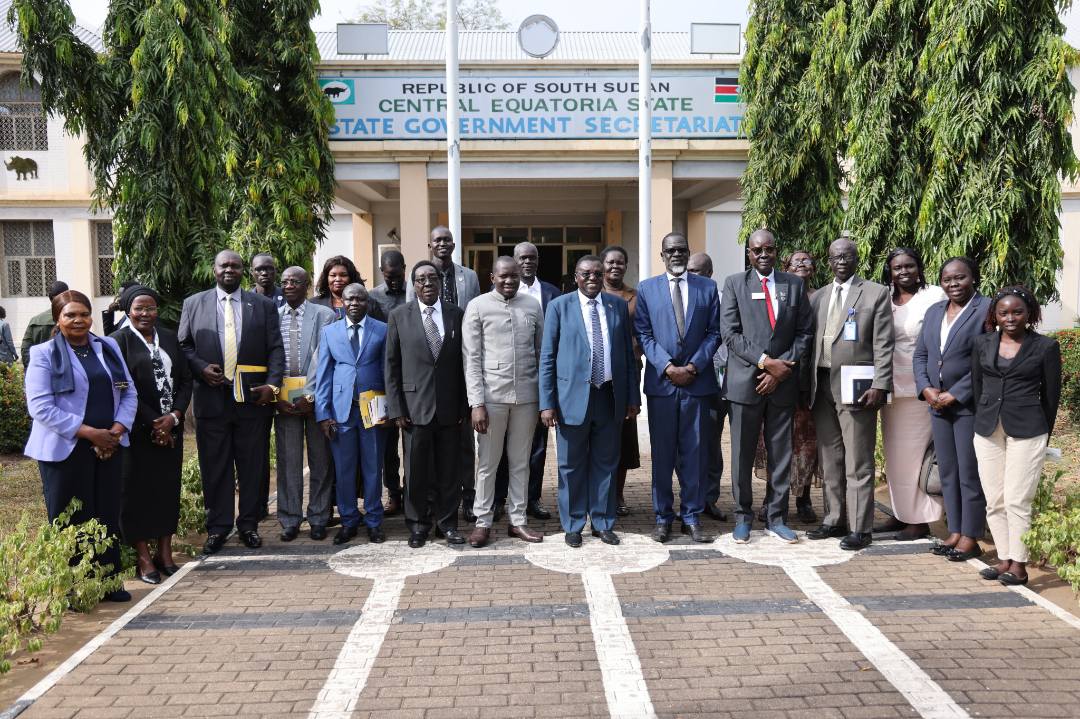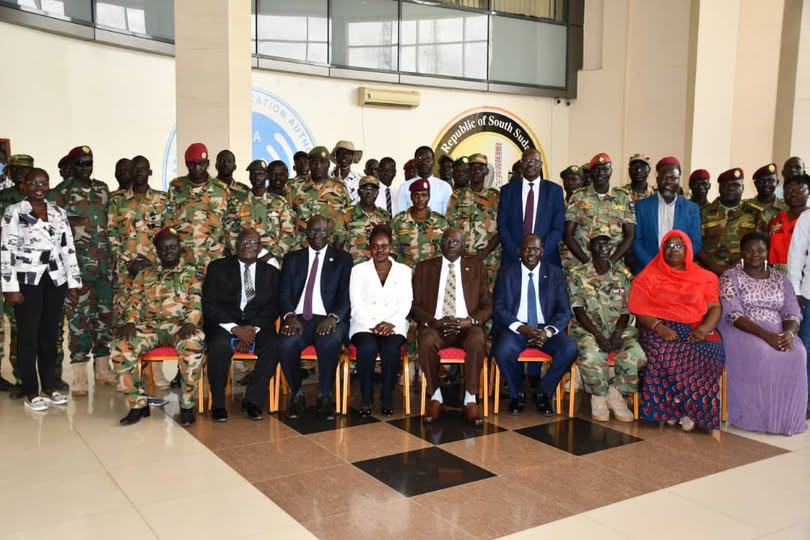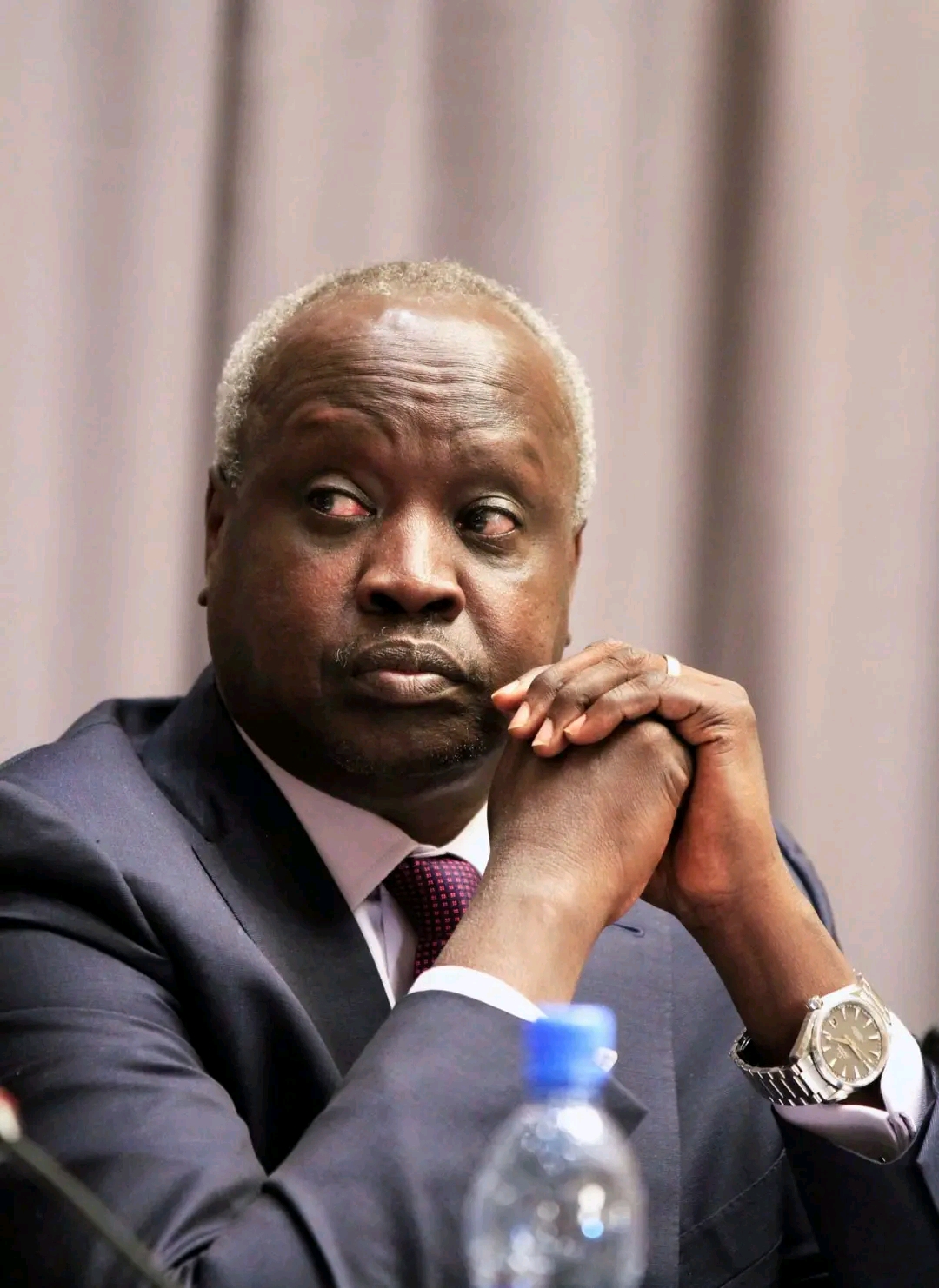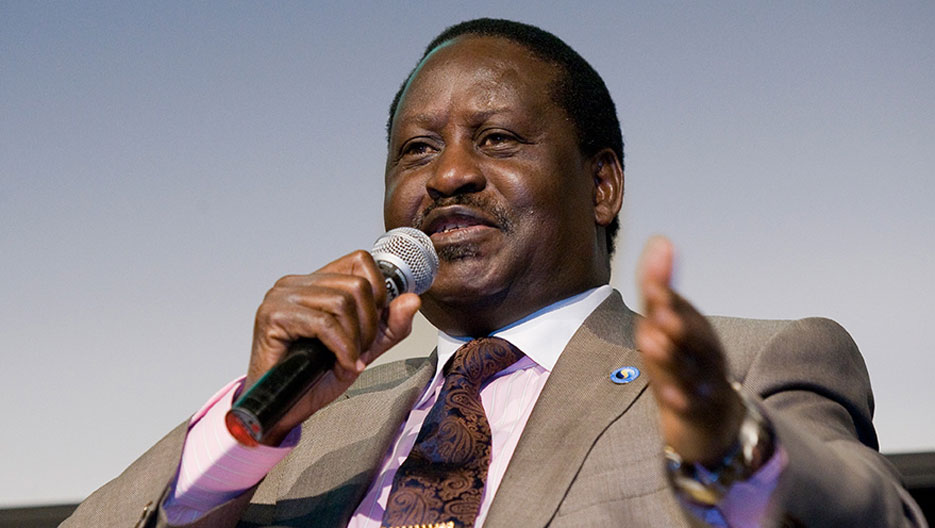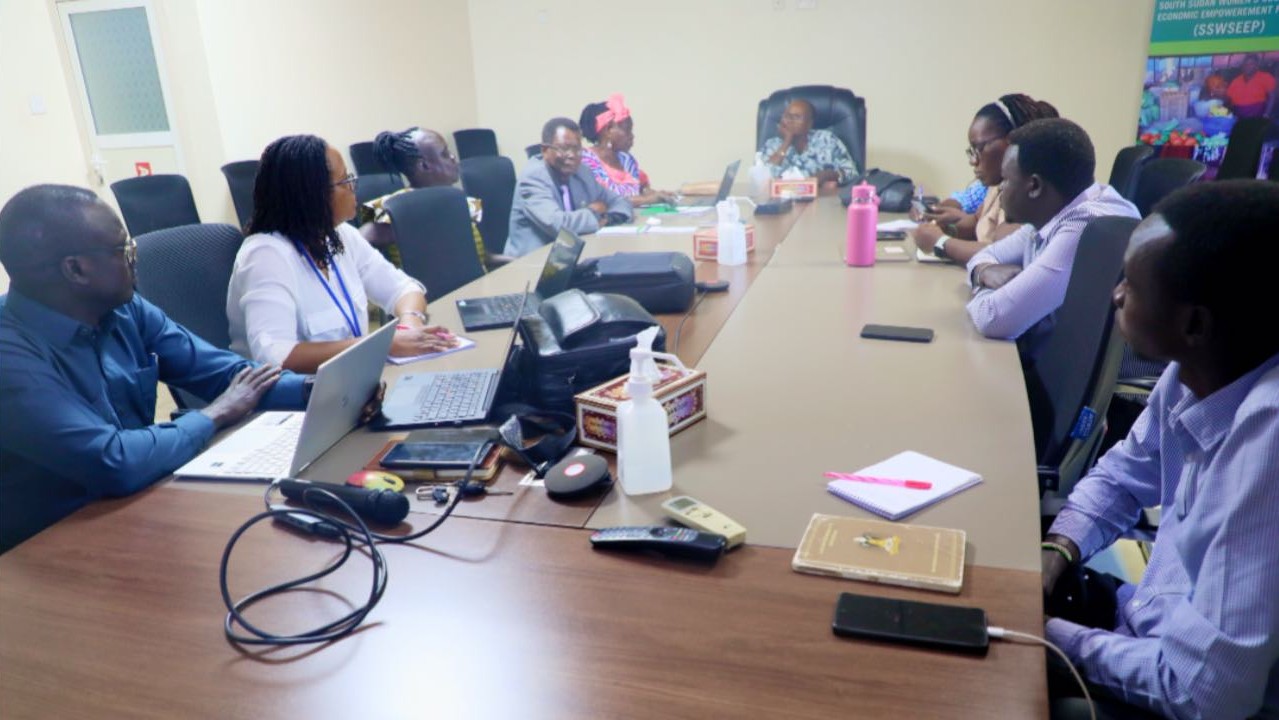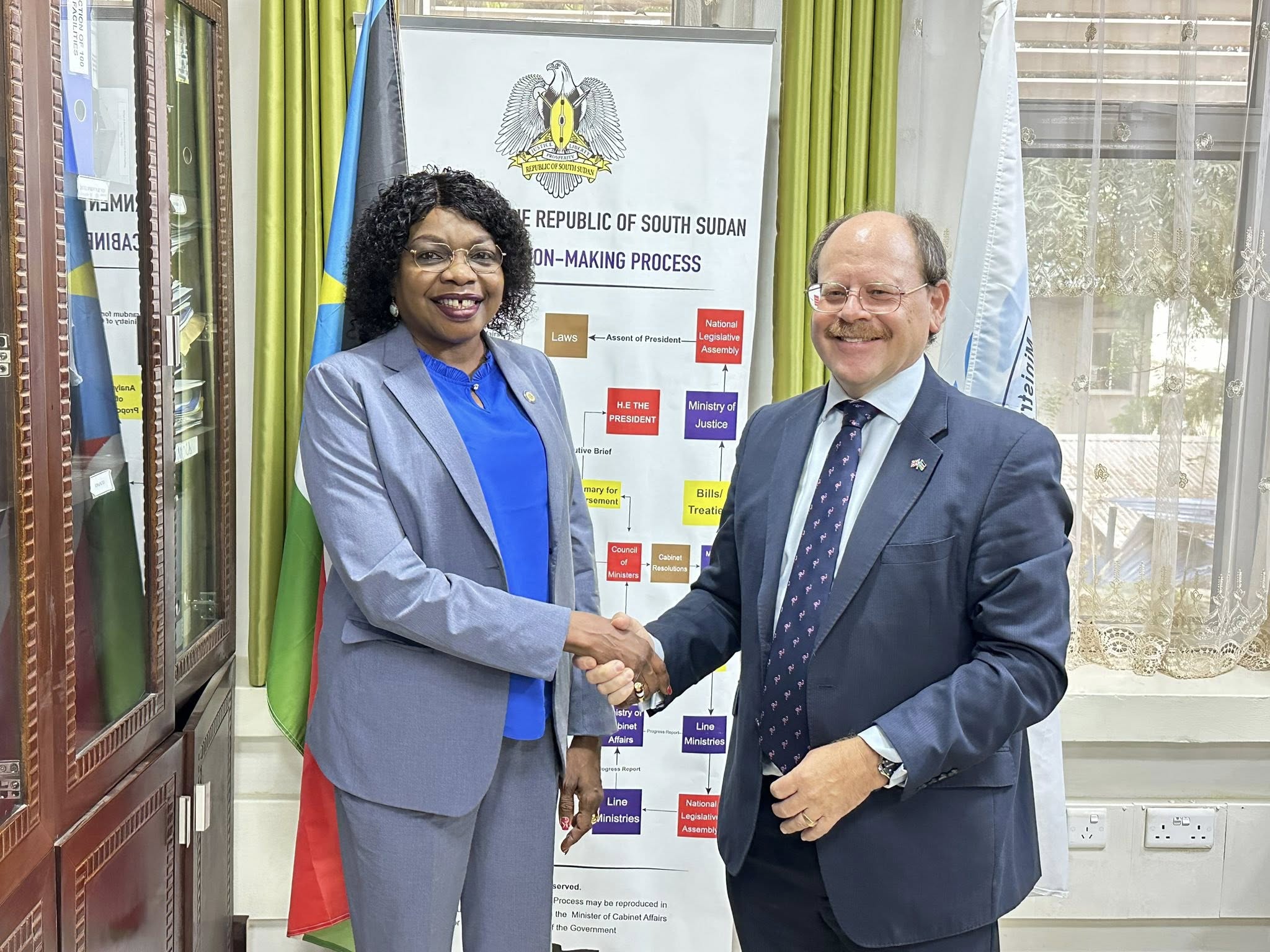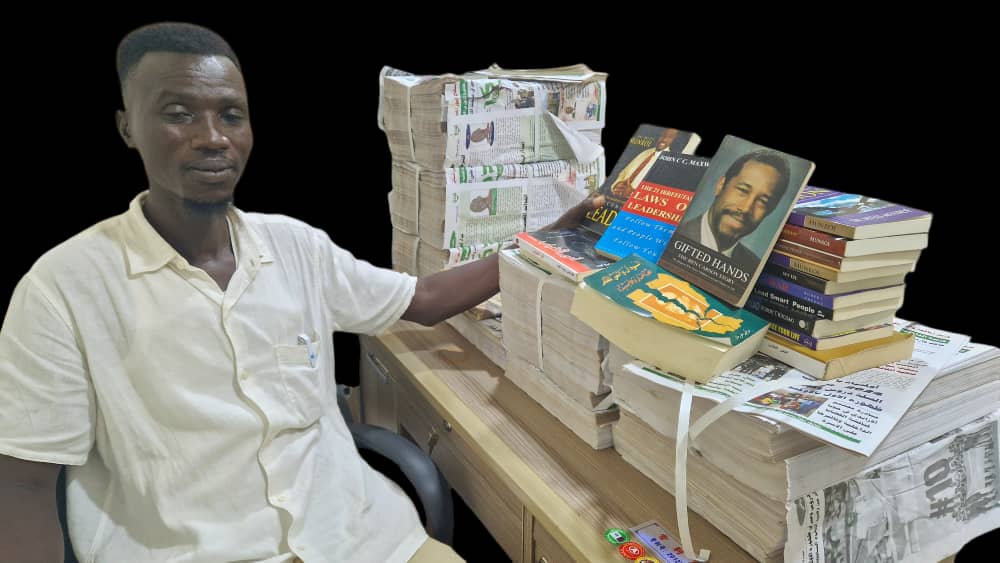
Interview
Today, we interview someone who is passionate about promoting culture and has taken it upon himself to be a street vendor of newspapers, starting from Khartoum, the capital of Sudan before the separation. He has remained dedicated to this profession despite the very minimal financial return, driven by his love for reading, knowledge, and his passion for books. He became an avid book lover, embracing books all day long, engaging with the words and characters on the pages, becoming addicted to reading and the scent of books.
Interview by: Naeim Mubarak Kuol
Before we dive into the details of the interview, we would like our readers to know your name. Thank you for hosting me in the pages of your newspaper. My name is Christopher Moses, and I am widely known as Christopher the Bookseller, or Chris.
How long have you been working as a bookseller, and where did you start? Was it in South Sudan or Khartoum? What is your story with books that led you to become a bookseller? I started working as a newspaper vendor in 2003 and transitioned to selling books in 2007. Prior to that, I was passionate about reading books and magazines and loved collecting them at home.
Can you compare readers in Khartoum and Juba? Is there a real demand for books in Juba? Here in Juba, the demand depends on the movement of the vendor. No one actively seeks out books, but if someone sees a book in front of them, they might buy it. In contrast, readers in Khartoum actively search for books in public libraries. In South Sudan, we have not yet reached that advanced level of engagement with books.
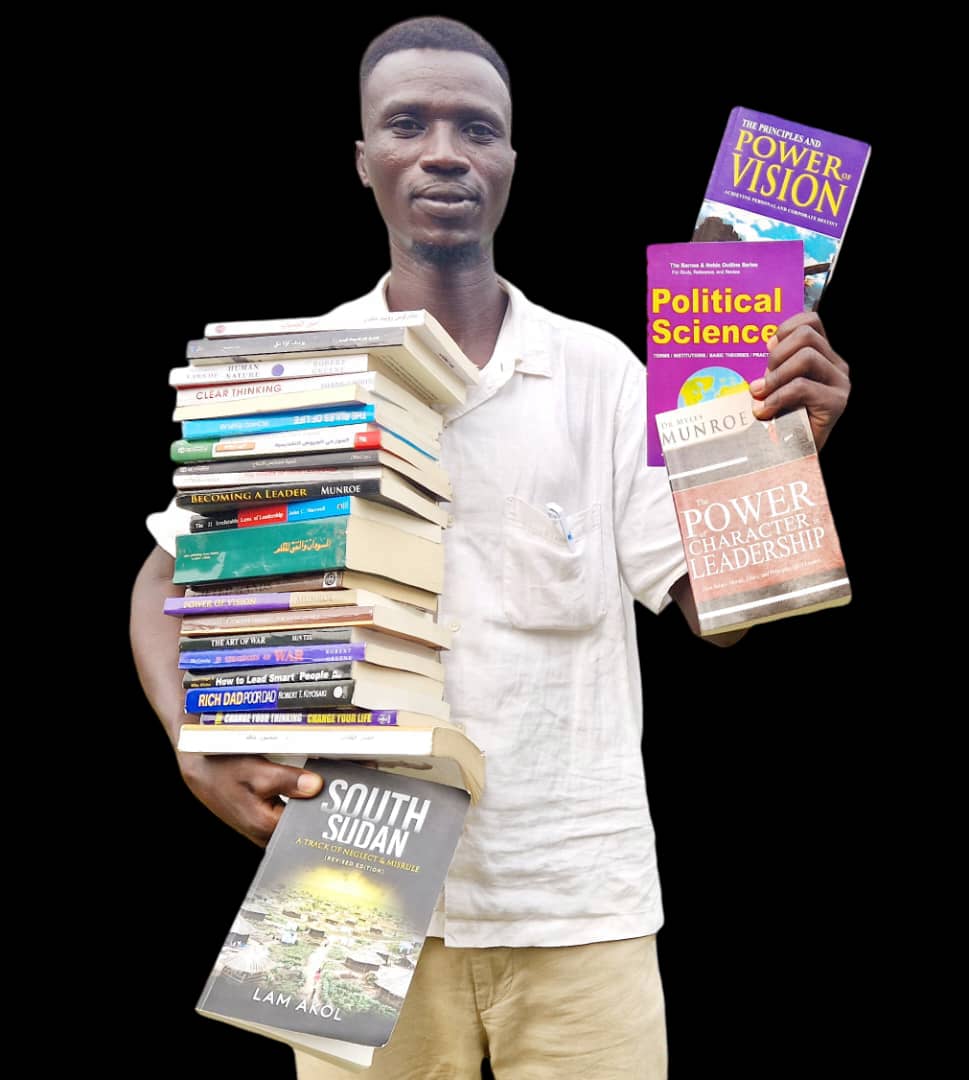
What types of books are most in demand and being purchased? Are they social, legal, economic, or political books? In Juba, there are no public libraries offering a variety of books, but there are some small kiosks that have a few books. The most demanded and purchased books are political books, as well as books on human development and capacity building.
So, people are interested in politics and human resource development? Yes, human resource development books and leadership training books are the most requested and sold, in addition to political books.
Since you started as a reader and then became a newspaper and bookseller, what is the importance of books in a person’s life? Books are extremely important in a person’s life. They teach you how to plan, how to think, and how to be a leader within society. The role that books play cannot be replicated by schools anywhere in the world. Inside books, there are many hidden secrets. The problem is that sometimes many people do not have the time to open a book, but I assure you, there are many treasures inside books.
Based on your current journey, which group buys more books, the elderly or the youth? From my observation, the majority of book buyers in Juba are elderly people, with only a few young people.
Where do you get the books that you sell, especially since South Sudan doesn’t have printing presses, publishing houses, or public libraries? I cooperate with some foreigners, like Ugandans, who bring books to me from abroad.
Do you deal with individuals or do they have companies for book supply? I deal with them as individuals who work in small bookstores or kiosks for small printing presses.
As you roam under the hot sun, is there a significant financial return from selling books, or is your persistence and passion driven by your hobby of acquiring books? If I were focused on making money, I would have quit this work. However, my great love for providing books to others is what keeps me going, because books have helped me in many ways and changed the course of my life for the better. If someone had guided me at an early age, I could have contributed even more. But I started late, and I believe that if I continue reading, I would have contributed a lot to this community.
Through your book selling, are there any South Sudanese figures with books that people often ask about? Yes, people frequently ask for books by John Garang and for “The Long Road to Peace” by Mador. I have not been able to provide it yet due to the lack of exhibitions or publishing houses and distribution. There are also books by Dr. Lam Akol Ajawein and many other South Sudanese authors. I can confirm that we are facing difficulties in providing these books to readers, and this issue could be resolved with the presence of publishing and distribution houses in the country.
Yes, in Sudan, there were publishing houses and distribution, such as the Sudanese Book House, the Republican Palace Library, and the University of Khartoum Library. There were also cultural forums to review and discuss new books. As a bookseller now, have you encountered any forums or sessions discussing books in Juba? In particular, in our South Sudanese community here in Juba, I have not encountered any cultural forums or book discussion sessions. If such forums do exist, they are not in-depth or focused on the book’s content. This is because reading has not been placed in its rightful position in our lives. Some readers do not realize that this hobby brings them great things, and some readers are fickle; they do not finish reading a book because they do not connect reading with a specific goal. This is a problem, and a person may not even open a book for six months. Our issue is that even among intellectuals and enlightened people, you may not find a library in their homes. I have noticed that some societies have succeeded and developed through reading. The love for reading begins with encouragement at home, then in school through educational guides, and some thinkers, which fosters in students a love and appreciation for reading. But in South Sudan, there is currently a lack of educational guidance, and that is why you find students graduating from universities without having read a single book in their lives. The result is that they have not received guidance from an early age or through all stages of their lives. Even teachers in some schools have weak relationships with books. This is the problem that has hindered the love of reading in the younger generations. You might find a politician who does not have a library in their home, yet claims to be a politician, thinker, and intellectual. People now use the excuse of a lack of budget to avoid buying books.
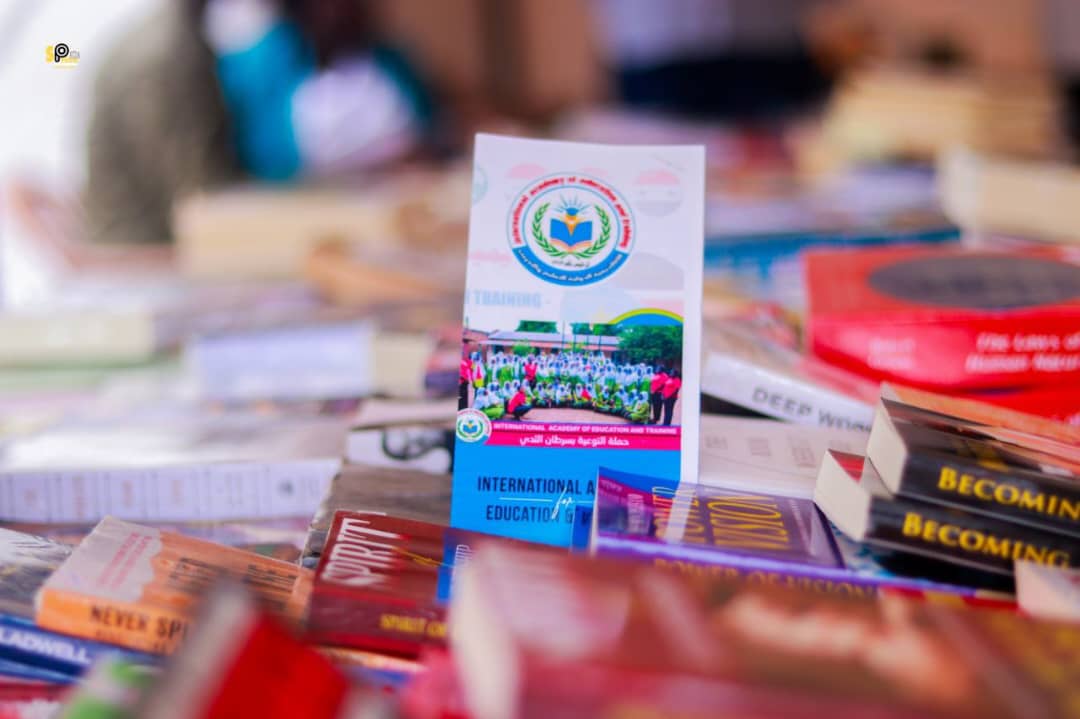
From your travels around Juba, what areas do you visit to sell books? In the morning, I am usually near Juba Market and major institutions. In the evening, I roam areas with dense populations and enlightened intellectuals, like Facebook Street or Congo Congo, the Militia Market, and crowded areas near Juba University, such as Nakoren and Custom, where people gather.
Advice for Young Readers, especially in a Developing Country
If I were to give advice to the next generation, I remember when I used to go to school in Khartoum through a project focused on the importance of reading. I used to provide books for free to secondary schools, give lectures, and follow up because I strongly believe that through reading, many concepts and the chaos in society can be changed.
I wonder why our communities are not changing. Simply put, it’s because we don’t read. Developed and advanced countries read. You find a person who has been reading for 40 years, and in one year, they may read 60 books and cultural magazines. If you trace their historical journey, you’ll see that they received support and encouragement for reading from a mentor or their parents, and they may have started reading at the age of ten. This instills a love for reading, and one day, they might become role models and leaders in society. Reading doesn’t harm you; on the contrary, it benefits you. Not reading can certainly harm you sometimes due to the absence or loss of information.
We, as adults, should carry books with us to our homes so that children can imitate us. If your child sees you with a book, they will try to understand what’s inside and explore it. We must take our children to public libraries and cultural forums. You may find an intellectual person, but their children grow up in an environment that does not encourage reading.
We need to create a generation that is aware of everything around them, knowledgeable, and familiar with the cultures of different societies so they can become leaders of the future. I noticed during my visits to some homes, when I asked parents where the library was in the house, I found they didn’t have any bookshelves. How can we be a good role model for the future if we don’t provide libraries for these children?
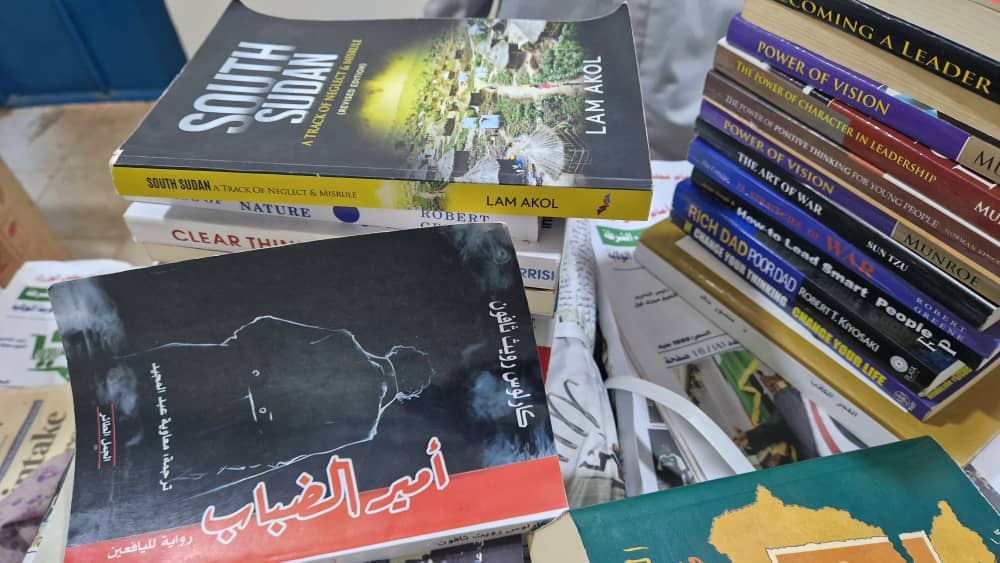
Is there a question I haven’t asked or something you’d like to add to this interview? Yes, there are thinkers and intellectuals, and we must work with the current generation to shape them through workshops, training sessions, seminars, and forums to foster a love of reading, acquire leadership skills, and carry the torch for the future. I believe the current chaos and the phenomenon known as “nyigres” (meaning the rebellious youth) is partly due to us, the adults, not providing the proper education or social upbringing. There are many challenges and crises they have faced.
However, I am not against education, but the current educational system in South Sudan will not help our children become future leaders of society. Every student who wants to be successful in the future should make books their companions, friends, and loved ones. They should seek knowledge to correct the information they deal with, which will enrich them more than the gossip and rumors of others. Books contain many lessons and experiences that can substitute for people’s talk.
There’s a saying: “A reader today… a leader tomorrow.” An educated person who does not read is like an ignorant person. Thank you for this interview, and may God bless South Sudan and your newspaper, Al-Wadi.


